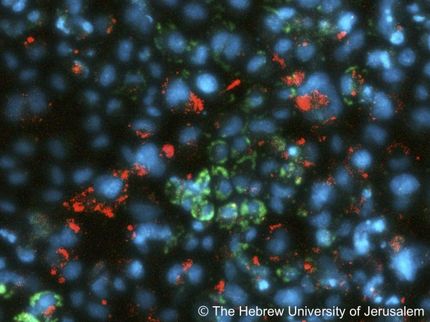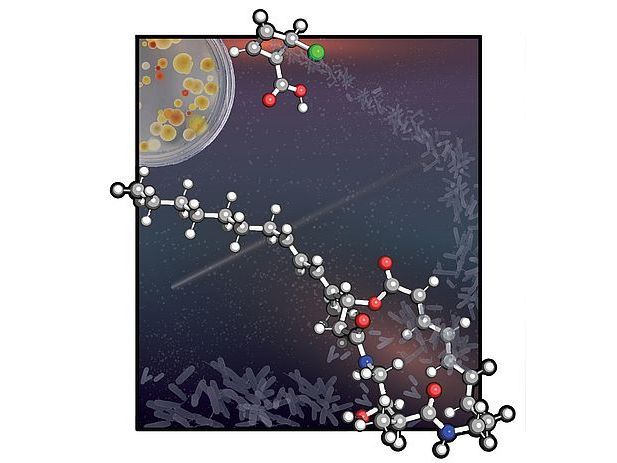Nature publishes study by Santaris Pharma scientists and collaborators: LNA-mediated microRNA silencing in non-human primates
Advertisement
Santaris Pharma announced the publication in Nature of a peer-reviewed study entitled "NA-mediated microRNA silencing in non-human primates". The paper is the first demonstration of microRNA silencing in non-human primates, providing an important validation of Santaris Pharma's emerging clinical program to develop a novel class of LNA-based therapeutics capable of silencing disease-associated microRNAs.
The study authors, led by Dr Sakari Kauppinen, Director of MicroRNA Research at Santaris Pharma and visiting Professor at Wilhelm Johannsen Centre for Functional Genome Research, University of Copenhagen, used a high-affinity Locked Nucleic Acid-modified oligonucleotide (LNA-antimiR) to antagonize the liver-expressed microRNA-122 (miR-122) in rodents and non-human primates. Acute administration of the LNA-antimiR resulted in uptake of the compound in liver cells and formation of stable hetero duplexes between the LNA-antimiR and miR-122. This was accompanied by depletion of mature miR-122 and dose-dependent lowering of plasma cholesterol. Efficient silencing of miR-122 was achieved in primates by three intravenous doses of 3 mg/kg.
"We are excited by the results from this study, which demonstrate the great promise that LNA technology holds for targeting microRNAs and exploring their function in vivo," said Sakari Kauppinen. "In the study, we used a simple intravenous delivery of an unconjugated LNA-antimiR to antagonize the liver-expressed microRNA-122 in African green monkeys, which resulted in long-lasting, efficient and reversible decrease in total plasma cholesterol without any evidence of adverse reactions."
Dr Keith McCullagh, President and CEO of Santaris Pharma commented: "In collaboration with Professor Peter Sarnow and Sylvia Schutz from Stanford University, we also show in the study published today in Nature that LNA-mediated silencing of microRNA-122 leads to efficient inhibition of Hepatitis C virus production in human liver cells, confirming previous work by the Stanford group on the importance of microRNA-122 for Hepatitis C replication. Now that we have confirmed that an LNA-antimiR oligonucleotide can effectively antagonize microRNA-122 in primates at low doses, we are encouraged to investigate the potential of LNA-mediated therapy in the treatment of HCV infection."
Santaris Pharma is preparing to advance its first LNA-antimiR compound, targeting miR-122, into human clinical testing in the first half of 2008. The first trial will be a Phase I safety and pharmacokinetic study in healthy volunteers.



















































